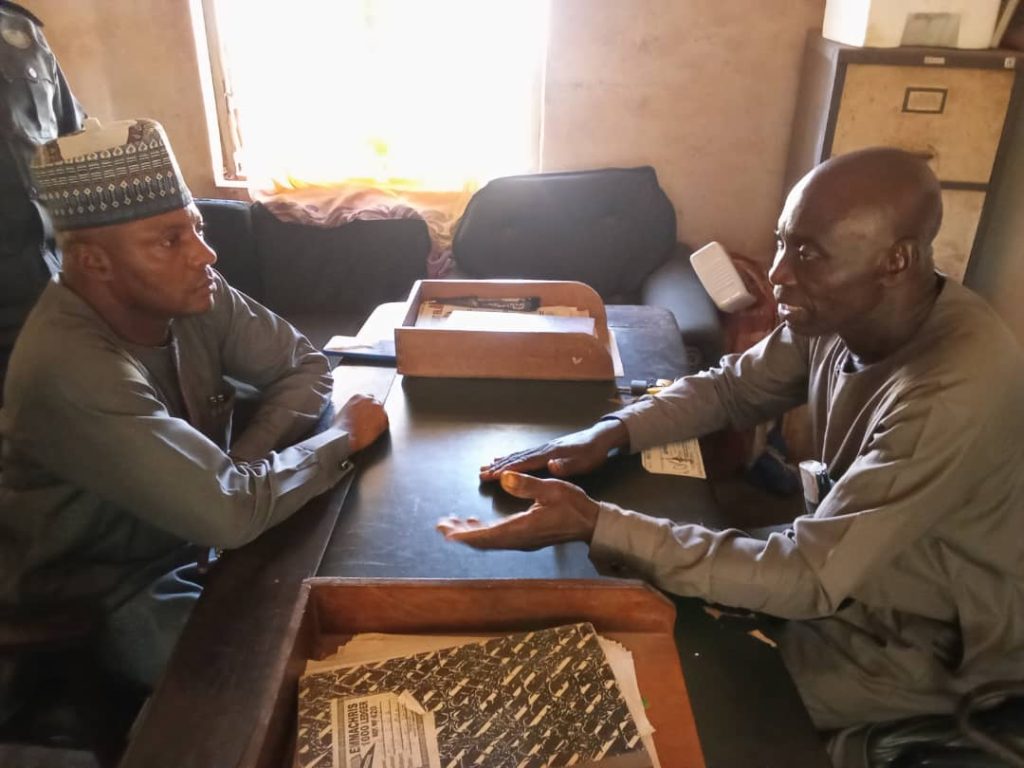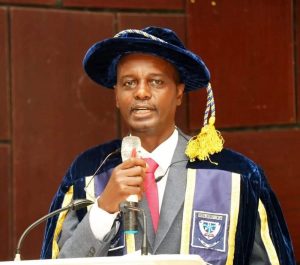Return all vehicles, tractors to LG headquarters by Friday, Ofu Caretaker Chair directs Works Supervisor

Corruption is not just the moving of money from government accounts to private accounts; it goes far beyond this perceived method. It ranges from collecting salaries without coming to work, forging certificates to gain employment, changing figures, and diverting government properties into personal use. In Ofu, the story is about to change as the chairman of the local government has swung into action to retrieve all government properties from the hands of a few individuals.
As reported yesterday, the chairman of Ofu Local Government Area, Hon. Sani Hassan Atawodi, paid a surprise visit to the members of his council with the aim of testing their punctuality to work and seeing their readiness to work. The supervisor in charge of work, Mr. Musa Enebi, wasn’t lucky with the chairman’s visit; his case was different.
During the conversation, the chairman asked for the inventory of the local government vehicles and tractors, but the supervisor was unable to give a comprehensive report on the government assets.
In a few words filled with an executive order, the chairman directed Mr. Musa Enebi to retrieve all government vehicles and tractors back to the secretariat, at the latest by Friday this week.
“Today’s date is Monday, January 22nd, right? I need you to retrieve all of the government’s properties, especially vehicles and tractors, back to this office by Friday. Government property does not belong to a few individuals! This cannot continue; some people cannot just act like the government is their personal business. All government properties in the Ofu local government area belong to the Ofu people. What are they doing in their individual homes? Please, go get them back to the secretariat.”
“According to the 1999 constitution, which is currently in force, local councils are responsible for primary, adult, and vocational education, health services, agriculture, and natural resource development. More importantly, the local council is the level of government that is most accessible and can be most accountable to the citizens. Poor villagers who cannot afford the cost of transportation to state capitals or the national capital can walk to their local councils to make their voices heard and demand accountability for service provisions. We must be accountable for everything within the jurisdiction of our duties; what belongs to the local government must stay within the local government, not with individuals,” he concluded.




